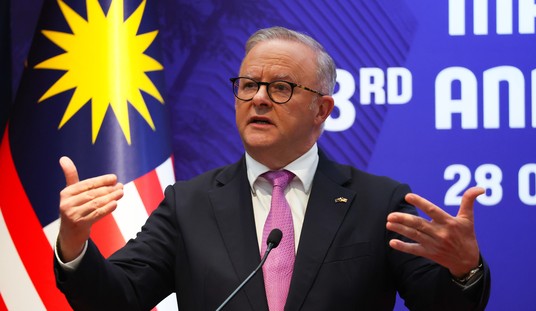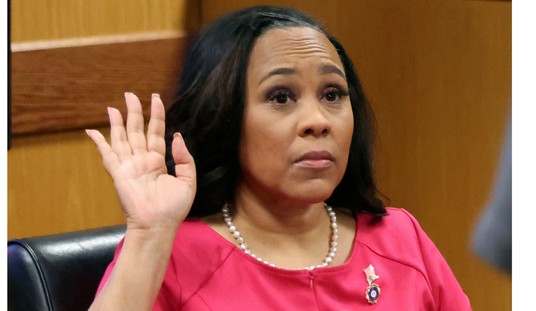It’s déjà vu all over again.
In November, the multilateral negotiations aimed at curbing Iran’s march toward a nuclear weapon stalled and failed to culminate in an agreement before the scheduled deadline. But Iran and the P5+1 were reportedly so close to an agreement that they just couldn’t let the talks collapse merely because an arbitrary deadline had come and gone.
All parties agreed to extend the talks until the end of March when all parties would have to agree on a framework for a final deal. They would have until the end of June to work out the particulars. But if this new deadline expired, American officials said, Iran’s time would be up. This was their last chance.
“We would be fools to walk away,” Secretary of State John Kerry said in the autumn of 2014. “We don’t need seven months.”
By February, President Barack Obama indicated that he did not see the purpose to leaving another deadline extension on the table. “At this juncture I don’t see a further extension being useful if they have not agreed to the basic formulation and the bottom line that the world requires to have confidence that they’re not pursuing a nuclear weapon,” the president said during a joint press conference with German Chancellor Angela Merkel.
Of course, Obama indicated that the deadline could be fudged a bit so long as all the negotiating parties had agreed on the foundations of a nuclear agreement. “If the framework for a deal is done, if people have a clear sense of what is required and there’s some drafting and ‘T’s to cross and ‘I’s to dot, that’s a different issue,” the president said.
Well, on Tuesday, that final deadline will pass without both parties agreeing on a basic framework to prevent Iran’s nuclearization.
“Secretary of State John Kerry doesn’t plan to return to Switzerland to resume the talks until Thursday, and a bipartisan coalition of lawmakers who want to put the Obama administration on a shorter leash has agreed to wait until after the Passover-Easter recess ends in mid-April before considering any legislation,” The Washington Examiner reported.
Meanwhile, the leaks out of the negotiations have made both America’s regional allies and a bipartisan set of lawmakers in Washington nervous about the terms of a prospective nuclear deal. The Examiner reported on Tuesday that American elected officials expect to take action in April to compel the president to submit a prospective nuclear deal to the U.S. Senate for ratification.
Senators will vote in April on bipartisan legislation from Foreign Relations Committee Chairman Bob Corker, R-Tenn., and Bob Menendez of New Jersey, the panel’s ranking Democrat, that would require Obama to submit any nuclear deal with Iran to Congress for approval, and tie sanctions relief to that process, Sen. Lindsey Graham, R-S.C., said Monday.
President Obama has threatened to veto the bill, but Graham said he expects Congress to override the veto.
“We will not tolerate a deal that ends congressional sanctions without us looking at it,” Graham said in New York at the Council on Foreign Relations.
The fact that this March deadline came with a June backstop means that American elected officials will likely be able to ignore the passing of the original deadline. They can now regard the summer as the target date to have a deal secured, and a new extension will not be necessary. But the continual delays suggest that reaching a deal that will be amendable to both Iran and skeptical American lawmakers is still an unlikely prospect.








Join the conversation as a VIP Member